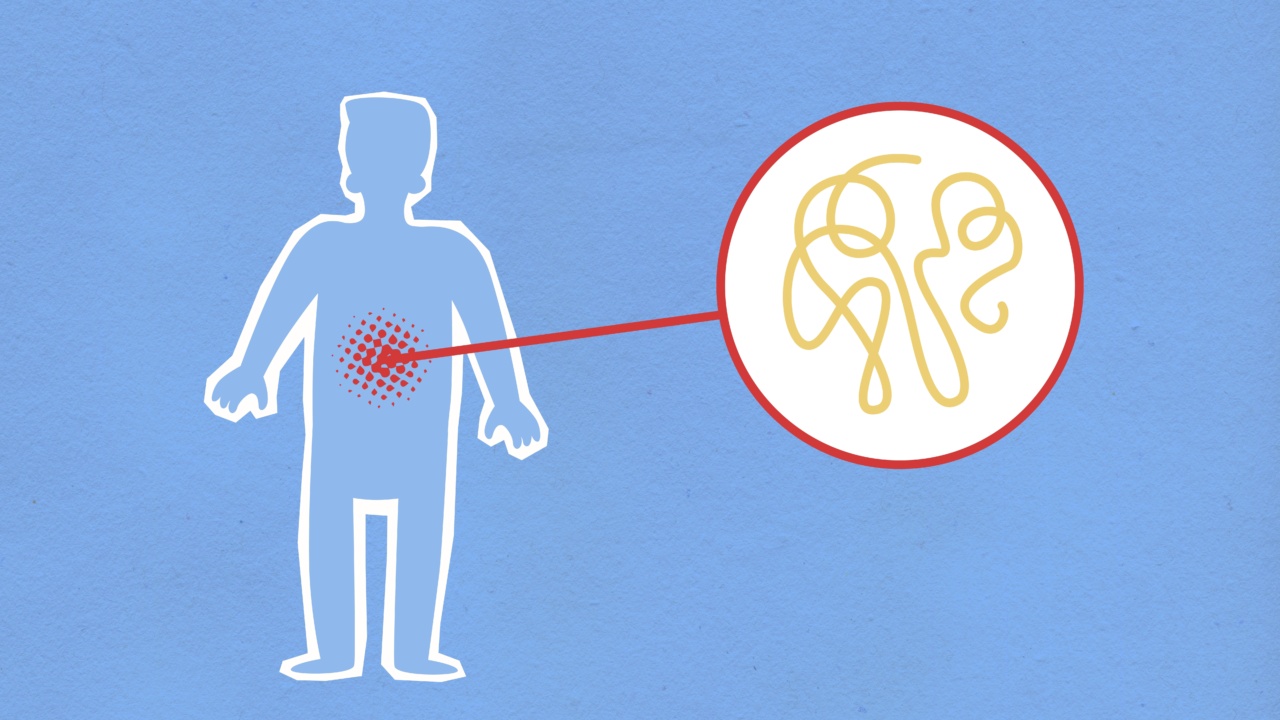Inflammation is a vital part of the body’s defense mechanism against infection and injury. It is a complex process involving various immune cells and molecules.
While acute inflammation is necessary for healing, chronic inflammation can have detrimental effects on overall health. In this article, we will explore the role of inflammation in the body and discuss ways to promote healing and reduce chronic inflammation.
Understanding Inflammation
Inflammation is the body’s response to harmful stimuli, such as pathogens, damaged cells, or irritants. It is a protective mechanism that aims to eliminate the cause of injury or infection and initiate the healing process.
Acute inflammation is a short-term response and is characterized by local redness, swelling, heat, and pain.
During acute inflammation, immune cells release chemicals that dilate blood vessels, allowing more blood to flow to the affected area. This increased blood flow brings immune cells to the site, which helps fight off pathogens and remove damaged tissues.
Additionally, inflammation stimulates the production of molecules called cytokines, which help coordinate the immune response.
The Role of Inflammation in Healing
Inflammation plays a crucial role in the healing process. It helps remove debris and dead cells, prevents the spread of infection, and initiates tissue repair.
The increased blood flow and immune cell activity at the site of injury or infection aid in the delivery of essential nutrients and oxygen to support healing.
Furthermore, inflammation triggers the production of collagen, a protein that forms the structural framework for new tissues. Collagen helps rebuild and strengthen damaged tissues, promoting proper healing.
In this way, acute inflammation is an essential component of tissue repair and regeneration.
Chronic Inflammation and Its Effects
While acute inflammation is a normal and necessary response, chronic inflammation can have detrimental effects on the body.
Chronic inflammation occurs when the inflammatory response persists for an extended period, often due to a malfunction in the immune system or continuous exposure to harmful stimuli.
Prolonged inflammation can lead to tissue damage, as immune cells may start attacking healthy tissues. This can contribute to the development of various chronic conditions, including autoimmune diseases, such as rheumatoid arthritis and lupus.
In addition to tissue damage, chronic inflammation can disrupt the normal functioning of organs and systems. It has been linked to an increased risk of cardiovascular diseases, obesity, diabetes, and certain types of cancer.
Chronic inflammation can also worsen the symptoms of existing conditions, such as asthma and inflammatory bowel disease.
Preventing Chronic Inflammation
Reducing chronic inflammation is crucial for promoting overall health and well-being. Fortunately, several lifestyle changes and dietary choices can help mitigate chronic inflammation and its associated risks.
1. A Healthy Diet
One of the most impactful ways to reduce chronic inflammation is through a healthy diet.
Consuming a variety of whole foods, such as fruits, vegetables, whole grains, and lean proteins, provides essential nutrients and antioxidants that can combat inflammation.
Including foods rich in omega-3 fatty acids, like fatty fish (salmon, sardines) and flaxseed, can also help minimize inflammation.
On the other hand, processed foods, sugary beverages, refined carbohydrates, and trans fats can contribute to inflammation and should be limited or avoided.
2. Regular Exercise
Engaging in regular physical activity can help reduce chronic inflammation. Exercise boosts circulation, improves immune function, and stimulates the release of endorphins, which are natural anti-inflammatory substances.
A combination of aerobic exercise, strength training, and flexibility exercises is recommended for overall health benefits.
However, it’s important to start gradually and consult with a healthcare professional before starting any new exercise regimen.
3. Stress Reduction
Chronic stress can contribute to inflammation and negatively impact overall health. Finding effective stress management techniques, such as meditation, deep breathing exercises, or engaging in hobbies, can help reduce inflammation levels.
Additionally, getting enough quality sleep is vital for maintaining a healthy immune system and reducing inflammation.
Establishing a regular sleep routine and creating a peaceful sleeping environment can promote restful sleep and aid in inflammation reduction.
4. Weight Management
Excess body weight, particularly abdominal fat, can contribute to chronic inflammation. Adopting healthy habits to achieve and maintain a healthy weight can have significant anti-inflammatory effects.
A combination of a balanced diet and regular exercise can help manage weight effectively. Seeking guidance from a healthcare professional or registered dietitian can provide personalized recommendations for weight management and inflammation reduction.
5. Avoiding Tobacco Smoke
Smoking and exposure to secondhand smoke can trigger chronic inflammation and exacerbate existing inflammatory conditions. Quitting smoking and avoiding tobacco smoke is essential for overall health and reducing inflammation-related risks.
There are various resources available to support individuals in tobacco cessation, including nicotine replacement therapies, counseling services, and support groups.
6. Incorporating Anti-Inflammatory Herbs and Supplements
Certain herbs and supplements have been found to possess anti-inflammatory properties and can be used as complementary approaches in inflammation reduction.
Examples of commonly used anti-inflammatory herbs and supplements include turmeric, ginger, green tea, curcumin, resveratrol, and omega-3 fatty acids supplements.
However, it’s important to consult with a healthcare professional before starting any new supplement, as they may interact with certain medications or have contraindications.
Conclusion
Inflammation is a natural defense mechanism that plays a critical role in healing and protecting the body. Acute inflammation is a necessary process for tissue repair and regeneration.
However, chronic inflammation can have detrimental effects on overall health and is associated with the development of various chronic conditions.
By adopting a healthy lifestyle, including a balanced diet, regular exercise, stress reduction techniques, maintaining a healthy weight, and avoiding tobacco smoke, individuals can reduce chronic inflammation and promote healing in their bodies.
Additionally, incorporating anti-inflammatory herbs and supplements can provide complementary support. Remember, it’s always important to consult with a healthcare professional for personalized advice and guidance.































